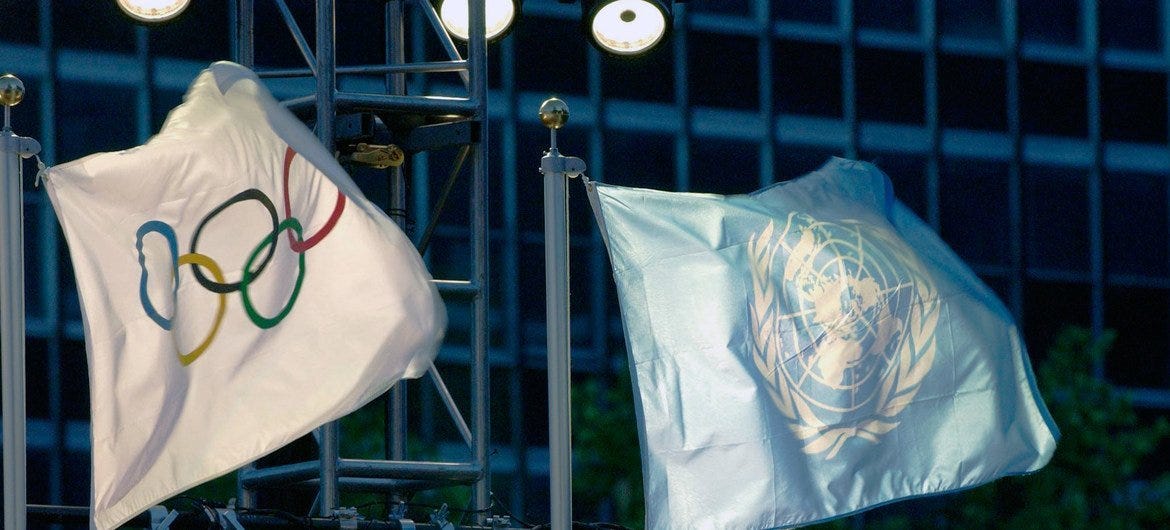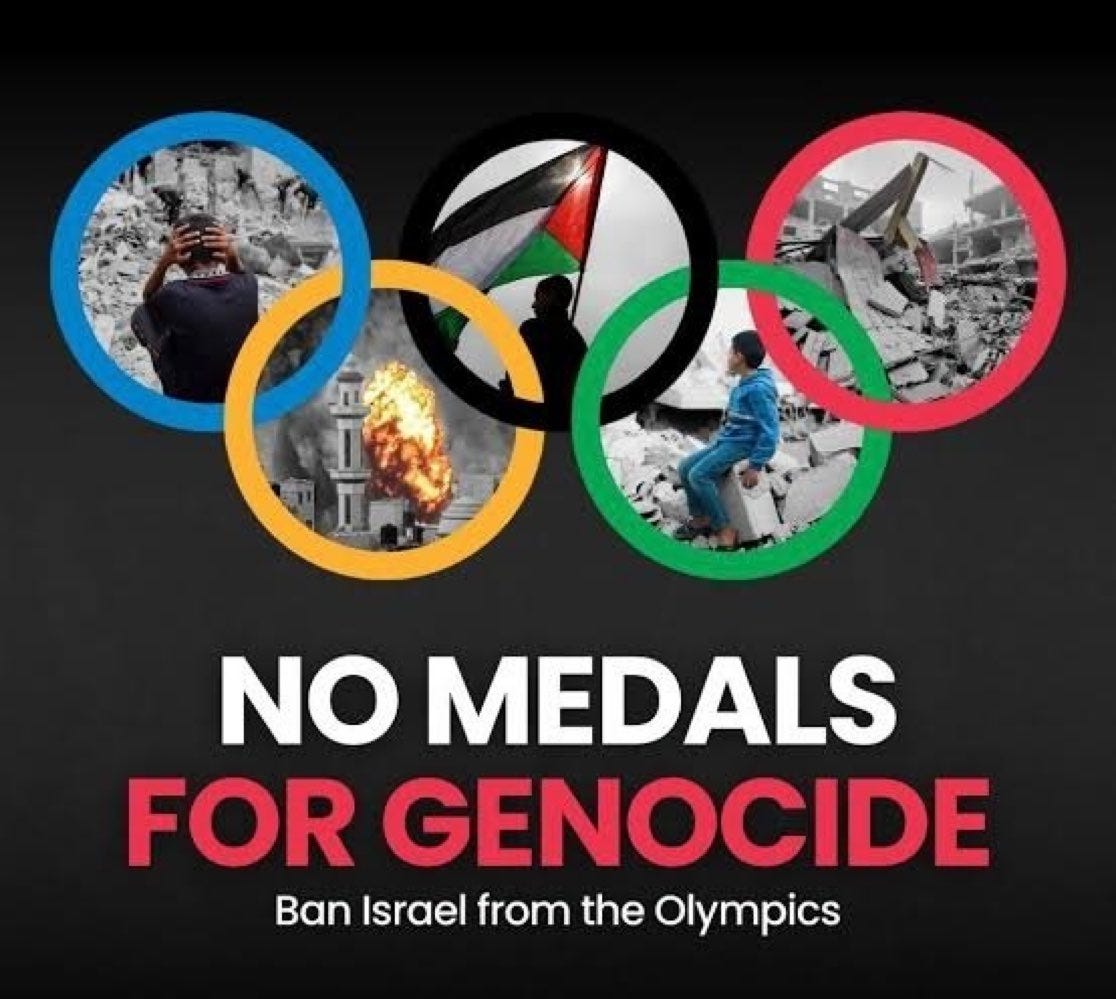What is the Olympic truce?
The Olympic Truce, known as "Ekecheiria" in ancient Greek, is a storied tradition dating back to the 9th century BC. Originating in Ancient Greece, it allowed local inhabitants, athletes, and artists to travel safely to the Olympic Games. This truce paused conflicts from seven days before the Games until seven days after their conclusion. Unlike today's understanding of a ceasefire, it was more about ensuring safe passage amidst the constant warfare of Ancient Greece. The concept of peace, as we understand it today, only emerged after the Peloponnesian War in the fourth century BC.
Modern Revival
The International Olympic Committee (IOC) revived the Olympic Truce in 1992 and brought the idea to the United Nations (UN) for greater impact. Since 1993, the UN General Assembly has adopted a resolution titled "Building a Peaceful and better world through sport and the Olympic ideal" before each Olympic Games.
UN Secretary-General Antonio Guterres emphasized the truce's significance, stating, "The Olympic spirit is the most important symbol of peace in a world with so many conflicts and victims. It brings people together from all over the world, promoting tolerance and mutual understanding – the fundamental elements of peace."
This symbolic resolution encourages UN Member States to observe the Olympic Truce and seek peaceful resolutions to international conflicts, highlighting the Games' importance for human well-being and global understanding.
Effectiveness of the Truce
Has the Olympic Truce truly worked? Unfortunately, the answer is no. Despite the belief that history was over after the fall of the Berlin Wall, and the world was heading towards peace, conflicts have continued. The war in Yugoslavia, right in Europe's backyard, was a stark reminder that history did not end, and wars persist.
There are several examples of the Olympic truce not being respected:
During the 2008 Beijing Games, the Russo-Georgian war erupted.
The 2014 Sochi Winter Games were not over yet when Russia invaded Crimea.
Right after the end of the 2022 Beijing Winter Games, Russia invaded Ukraine.
Other conflicts, like the war in Yemen, have also disregarded the truce in recent years.
Paris 2024
On November 21, 2023, Tony Estanguet and Thomas Bach introduced the Olympic Truce resolution at the 78th session of the UN General Assembly in New York. The resolution was adopted with 118 votes in favour, two abstentions, and no votes against.
IOC President Thomas Bach stated, "In this fragile world, this Olympic Truce Resolution is more relevant than ever. It's our opportunity to send an unequivocal signal to the world – yes, we can come together, even in times of wars and crises. Yes, we can join hands and work together for a better future."
As customary, the resolution calls for observing the Olympic Truce from seven days before the Olympic Games to seven days after the Paralympic Games, from July 19 to September 15, 2024.
Protests and the Olympic Truce
The Paris Olympics have begun during one of the most intense periods in terms of geopolitical tensions. The war in Ukraine continues, despite the world's attention being focused on Gaza, where Israel does not seem inclined to halt the conflict. The war is gradually spreading like wildfire, with both the Houthis and now Hezbollah becoming involved.
Controversy has arisen with protests against Israel's participation in the Paris Games. French MP Thomas Portes stated, “Israeli athletes are not welcome at the Olympic Games in Paris. We need to use every lever to mobilize and denounce the presence of a state that is massacring a population.”
Activists have taken to the streets and social media with the hashtag #BanIsraelfromOlympics, highlighting Israel's non-compliance with the Olympic Truce and the deaths of over 400 athletes in bombings.
IOC President Thomas Bach maintains that their role is to keep politics out of the Games, but critics argue that the IOC's standards are inconsistent. Russian and Belarusian athletes can only compete as neutrals without their countries’ flag, while Israeli athletes are allowed to compete under their country's flag, sparking accusations of double standards.
The Olympic Games have just begun, yet it is already evident that they will join the list of Games where the truce was not respected.
Sources:
https://olympics.com/ioc/news/un-general-assembly-adopts-olympic-truce-for-paris-2024
https://olympics.com/en/paris-2024/the-games/olympic-paralympic-games/olympic-truce
https://olympics.com/ioc/olympic-truce/resolutions
https://www.swissinfo.ch/eng/history/the-olympic-truce-noble-myth-harsh-reality/83561870
https://thebulletin.org/2018/01/the-olympic-truce-giving-peace-a-chance/





